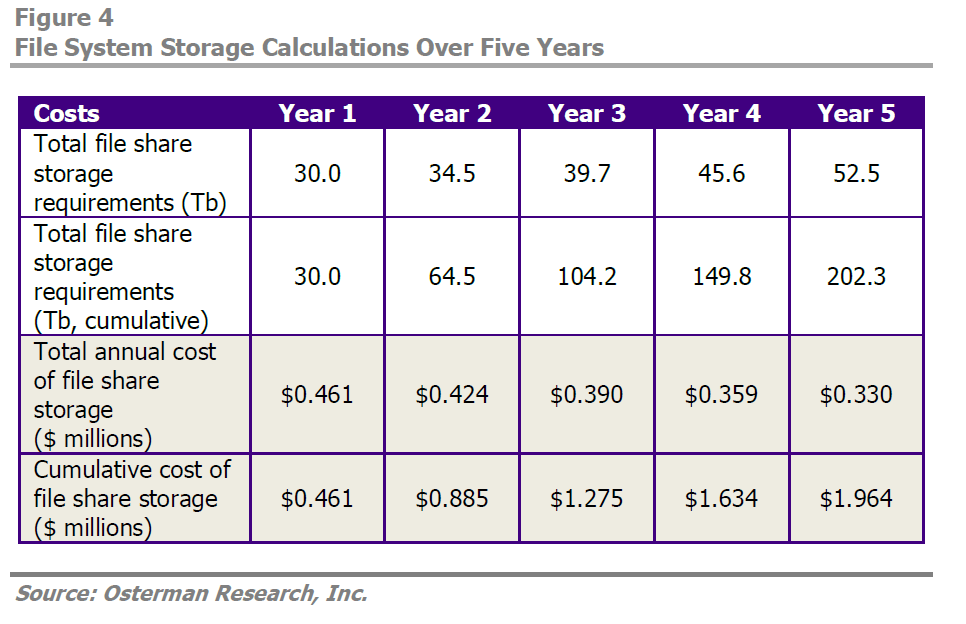When it comes to cost savings for IT operations and businesses in general, information governance is probably the last thing you think of. In this podcast, we discuss the implications of information governance.
The amount of data that is created on a daily basis is staggering. Consider that the world creates 2.5 exabytes of data every day. But trying to manage and find that data, when needed is a problem for everyone on an individual level to the enterprise level.
If you asked an IT person how they could save their company money and manhours, the last thing you’d think of them answering would be Information Governance. That’s because Information Governance is often overlooked when it comes to cost savings.
Have you ever spent unnecessary amounts of time looking for an email attachment in an email from a year ago? Many times you’ll have trouble finding it. This could be because you are searching the wrong terms in Outlook or maybe the email server takes way too long for the search results to come through. In many cases, you can’t win.
In a recent Osterman Research report sponsored by Progress, Practical Steps to Establishing Good Information Governance, Osterman took a look at how eDiscovery, data duplication, and even regulatory compliance can all be detrimental to speed and efficiency within an organization.
If you look at the report, there is a lot of talk about how storage or storage hardware instead, is cheap. So the issue isn’t about the cost of storage hardware, so much as it is about managing the data on those storage devices. The cost of storage has actually been going down recently over the last few years, so if you look at the charts in the report, you will see that the cost of storage will most likely continue to go down.

In figure 4 in the report, we can see the total annual costs of file share storage has been going down. However, this is countered by the cumulation of data on that storage. So the costs for managing and storing that data goes up over time.
The data is stored on those storage devices is going to need to be accessed. This could be an FTP server or an email server. Let us talk about email since that’s the most widely used. Have you ever tried to look for something in Outlook and you can’t find the data you’re looking for? That data could have been deleted of course, but most likely the information is there, but you aren’t using the proper search terms, or if you do time it takes to find that data can take a very long time if there is a large amount of data on those servers you’re searching.
Many times if employees can’t find data fast enough, what do they do? They recreate that data. This then creates a duplication of that data. The more data, the longer it takes to find and sift through that data. From the report we can gather that it is taking employees up to 8 hours a week to search for data. If this is a company of 500 employees that adds up to 4000 man hours lost per week.
The biggest takeaway from the report is that at a glance, storage is seen as cheap but without a sound information governance policies in place, you are looking at huge losses in time and money that cumulates over time. A lot of businesses probably don’t consider this because it’s one of those things where the damages are not in the form of cash, but rather the loss in operational cost savings. With an information governance policy and the use of eDiscovery tools, the cost of those tools pays for themselves cumulatively over time.
